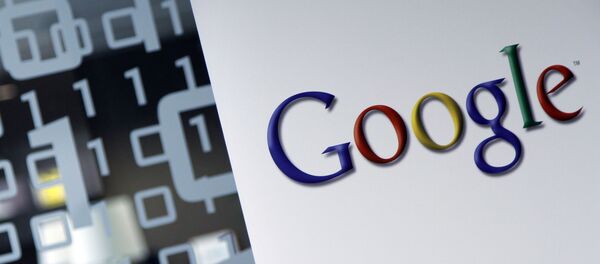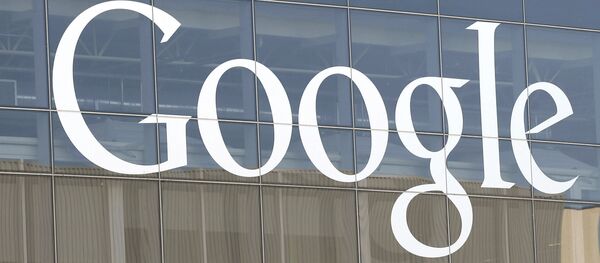WASHINGTON (Sputnik) — Google has launched a program to be available worldwide in which results of searches and news have been integrated with information from various fact-checking websites, the company said in an official blog post on Friday.
"There will still be some need for human judgment at some point, yes?" Friedman asked. "Google will have to check on the trustworthiness and performance of the organizations that they are relying on for instant review of reports.
"I imagine there will have to be some ‘grey zone’ scores for information that is not yet convincingly tested," he said.
Friedman noted that Google had selected a more cost-effective and streamlined manner of providing fact-checking tools than directly hiring a large additional staff itself.
"It seems more efficient than hiring a number of editors and staff at Google. Where would those staff go to check the data offered in an article? So I guess Google will try going directly to the trusted organizations and hire their talent to attach a label quickly about factual validity," he said.
In a field such as consumer information about health care evidence for particular treatments and drugs, there have long been services to assess the current state of scientific evidence, Friedman pointed out.
"They can give a range of labels about the validity of evidence to support published opinions and claims. But, I imagine Google is looking for simpler criteria about who, where, when, how of specific events," he observed.
Wikipedia "limits its scope, limits its contributors and uses human intervention to remove portions of an article, but that can be a fairly slow process with appeals and editorial decisions," he noted.
Google was wrong to set itself up as an arbiter of factual accuracy in the first place, University of Pittsburgh Professor of International Affairs Michael Brenner told Sputnik.
"In my view, none of this is Google's business. It concerns the relationship between the individual and the state — a matter with which we have a few hundred years of experience," Brenner said.
"Facebook warning labels are the not the solution, nor are any of the other technical panacea being bandied about," Brenner added.
Google said its fact checks would not be provided by the company as it would instead use fact-checking findings from such web sources as PolitiFact and Snopes.




